Speaking
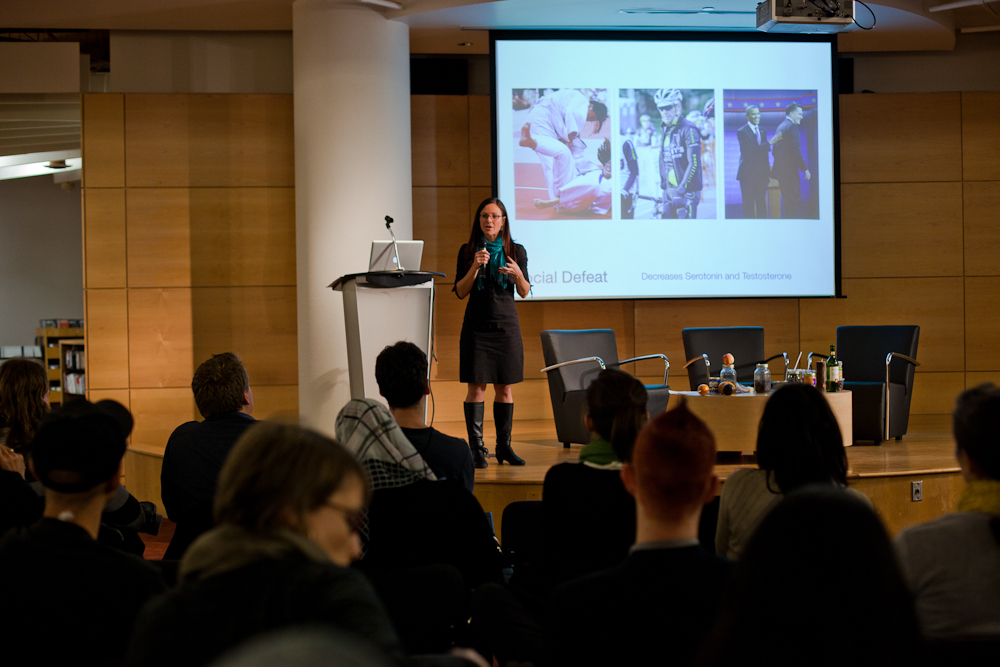
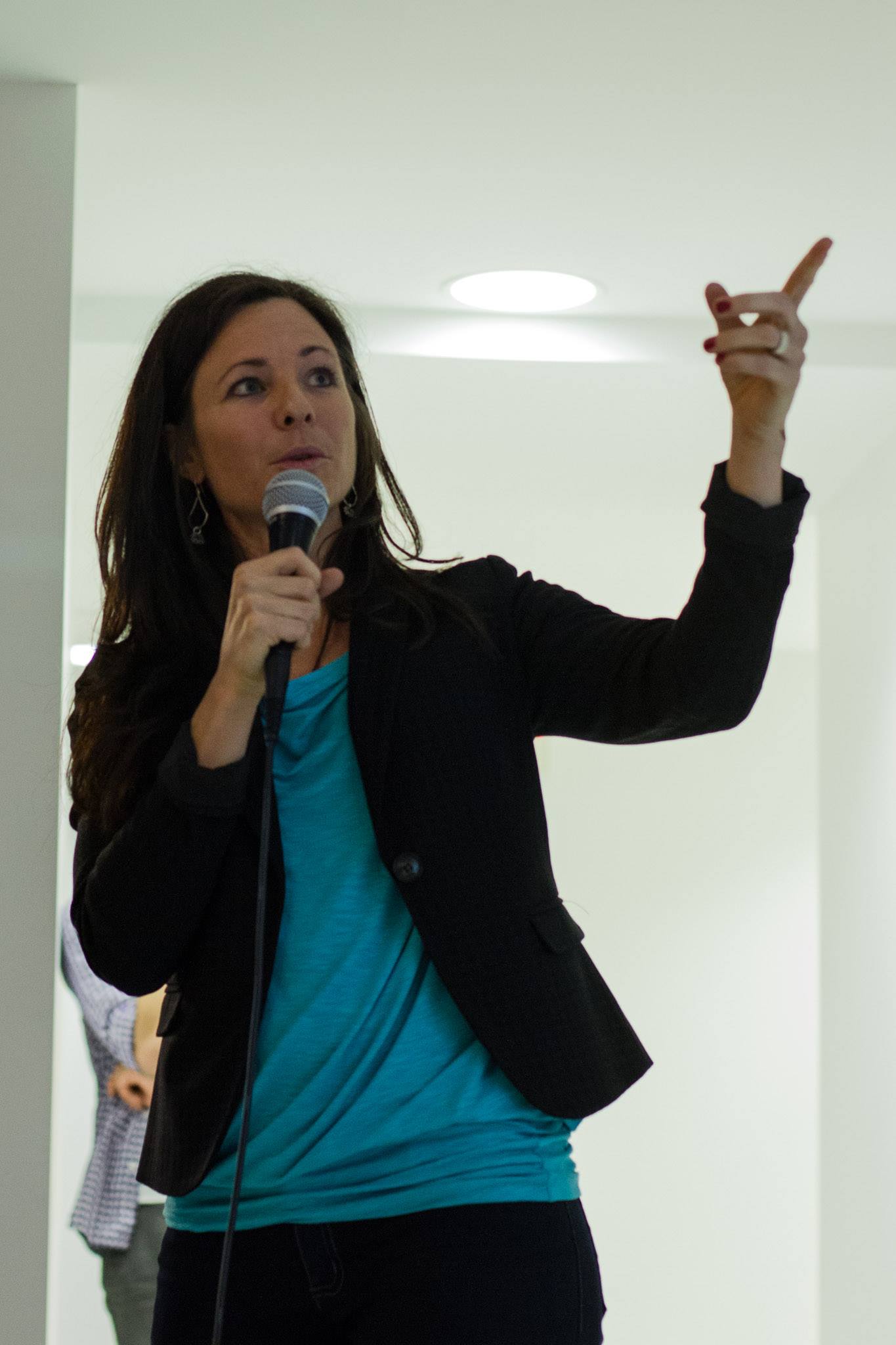
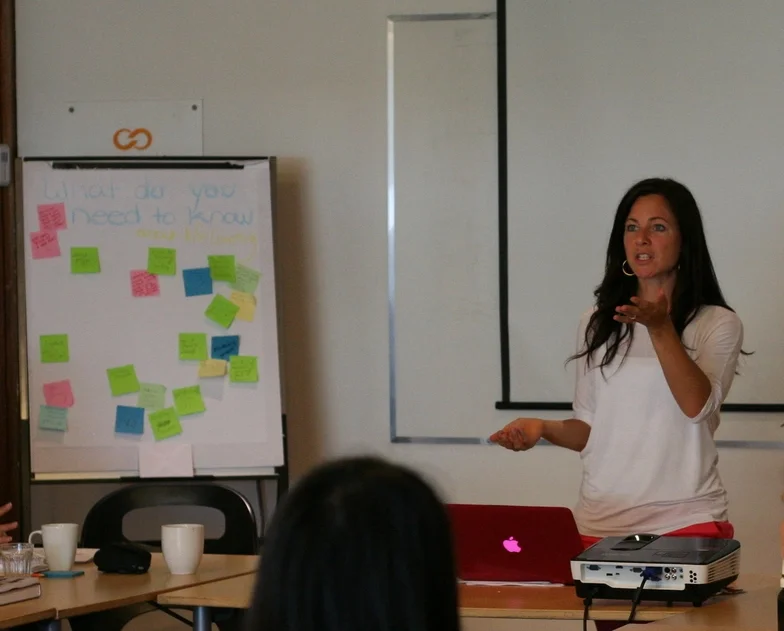
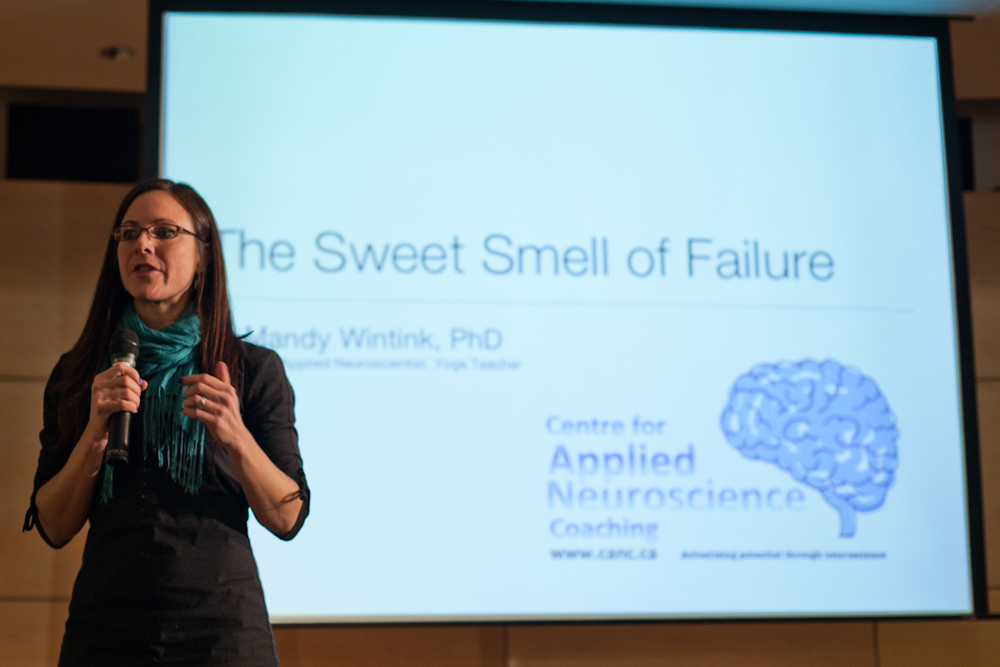
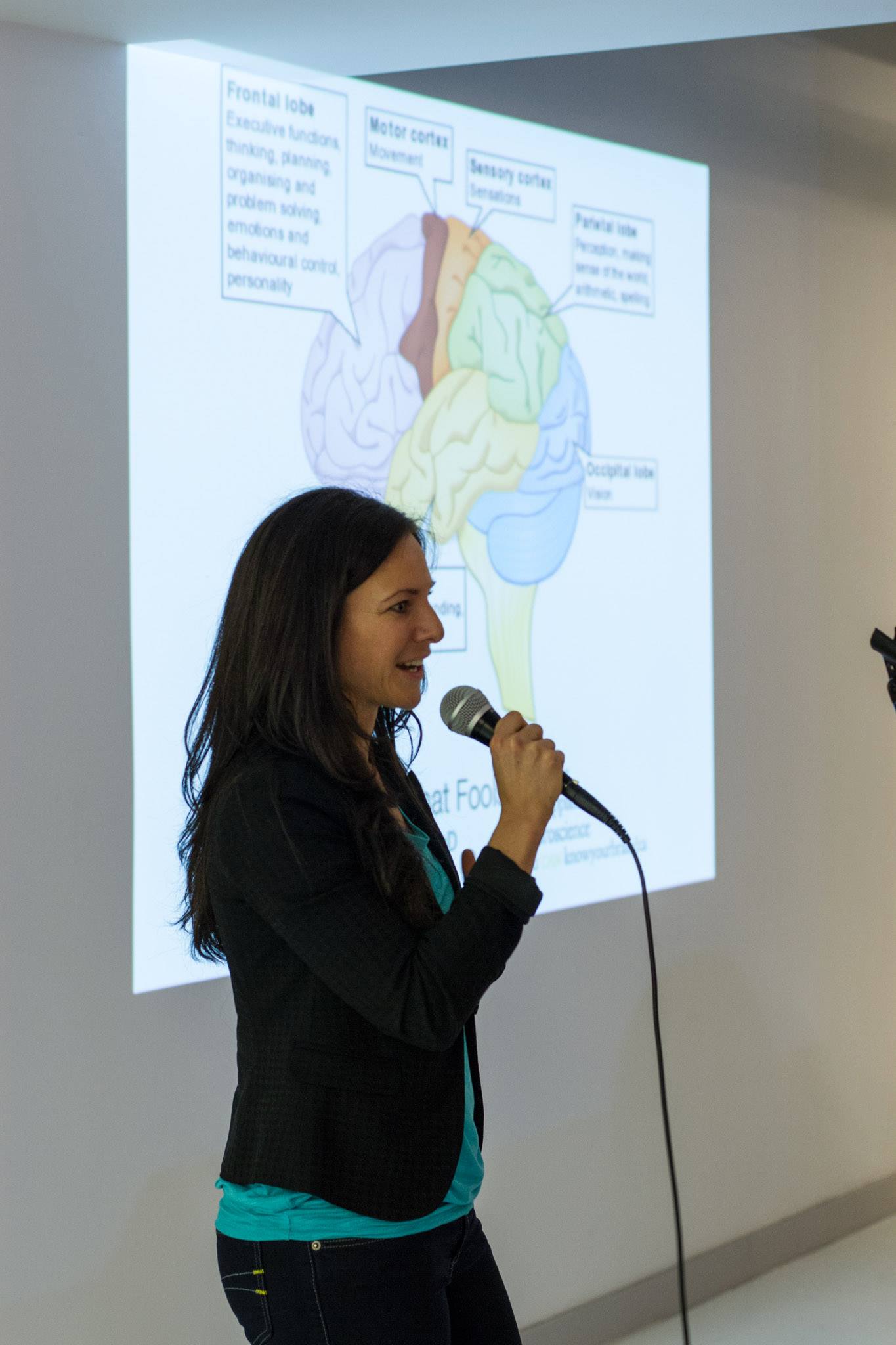
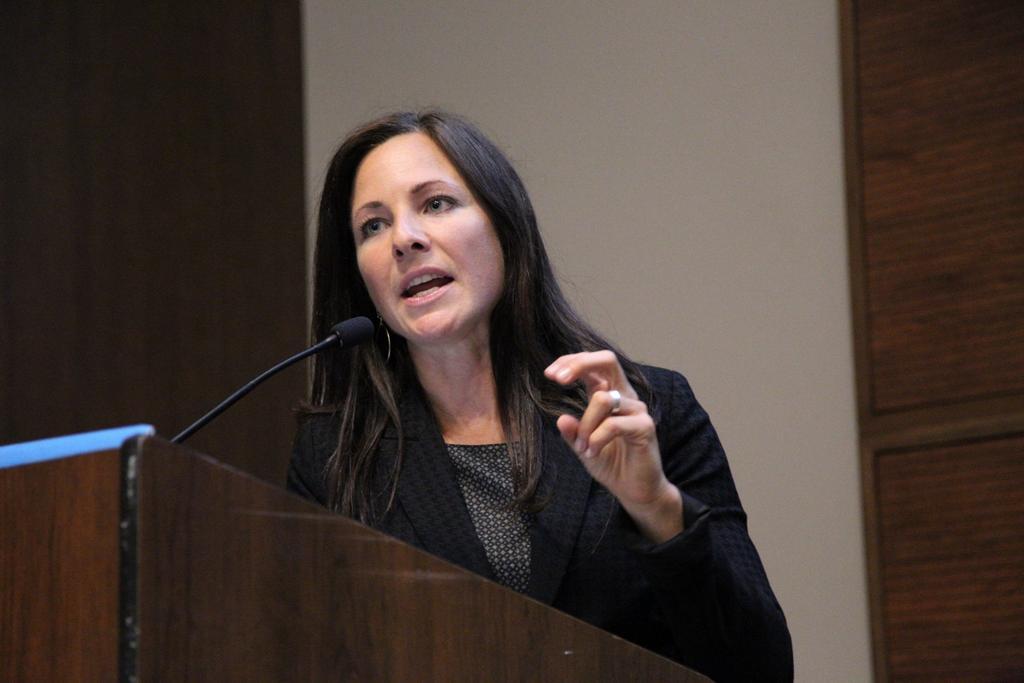
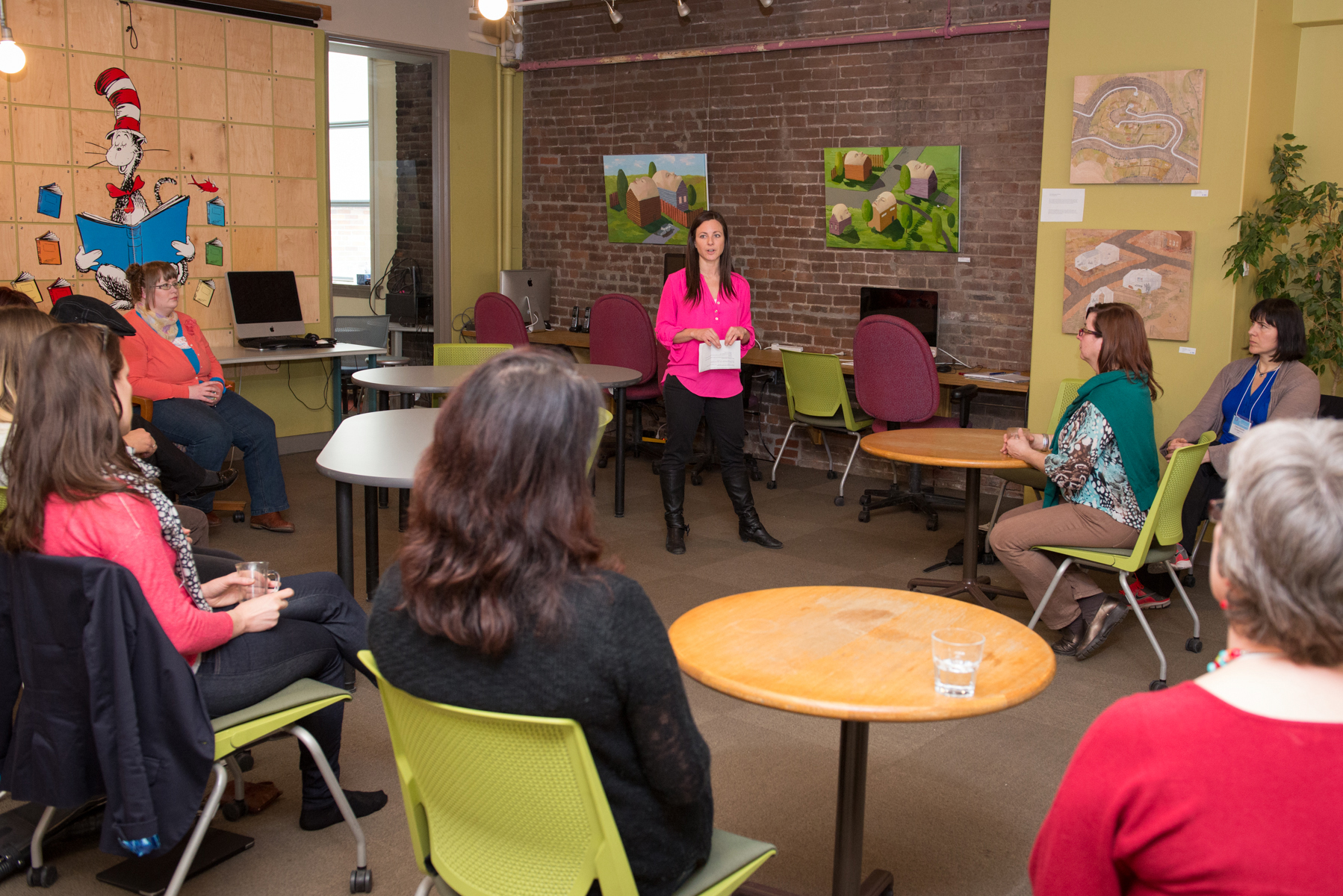
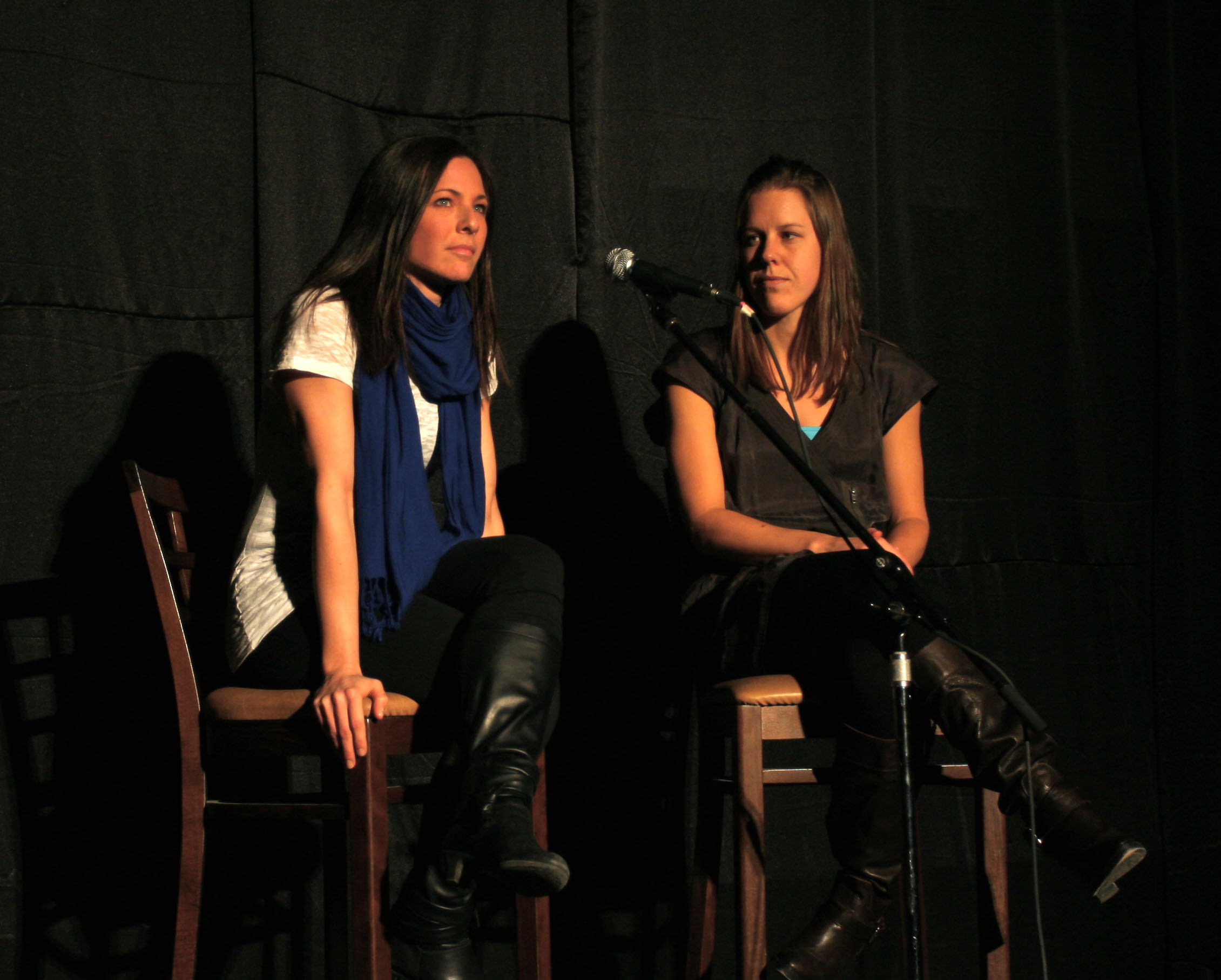
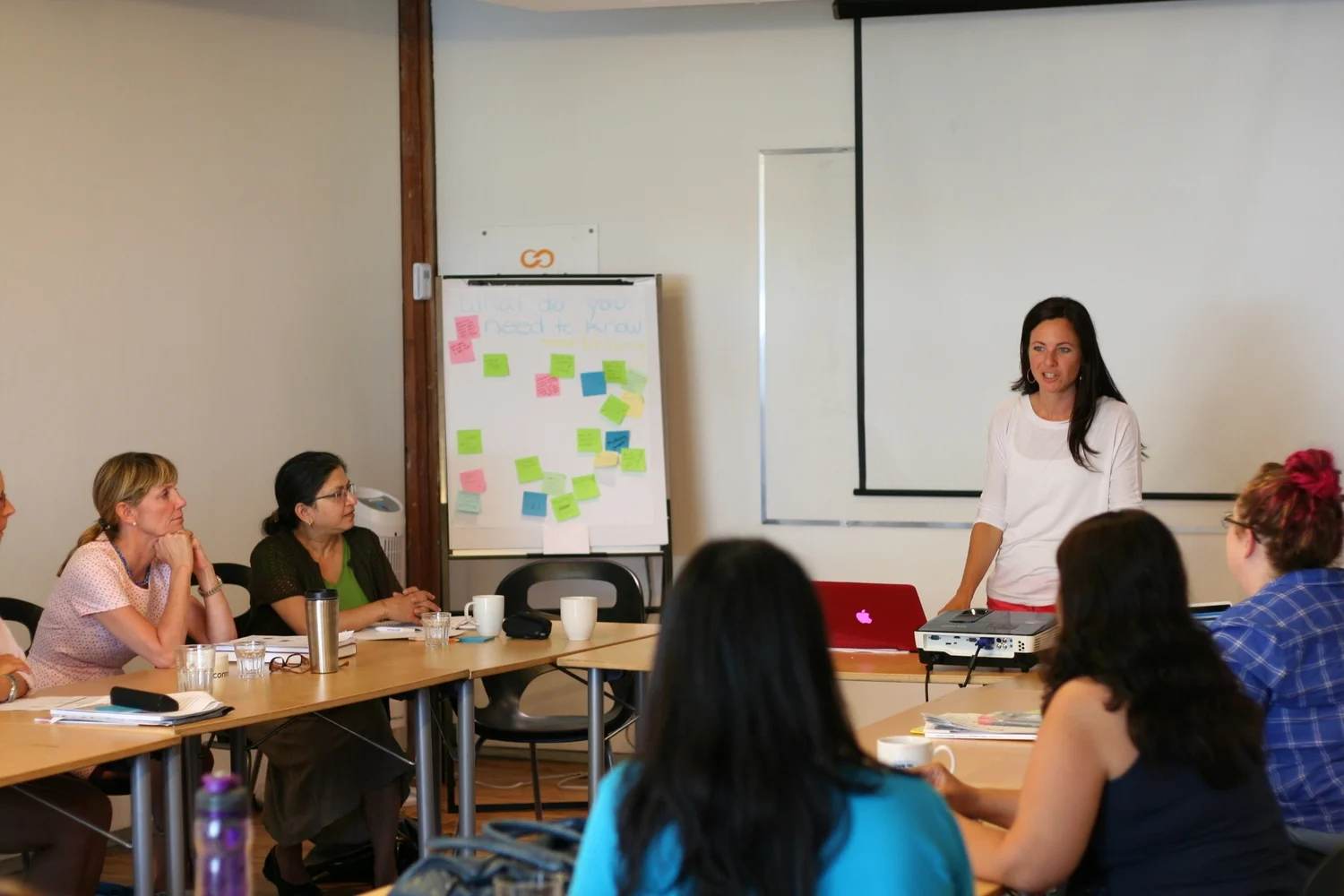
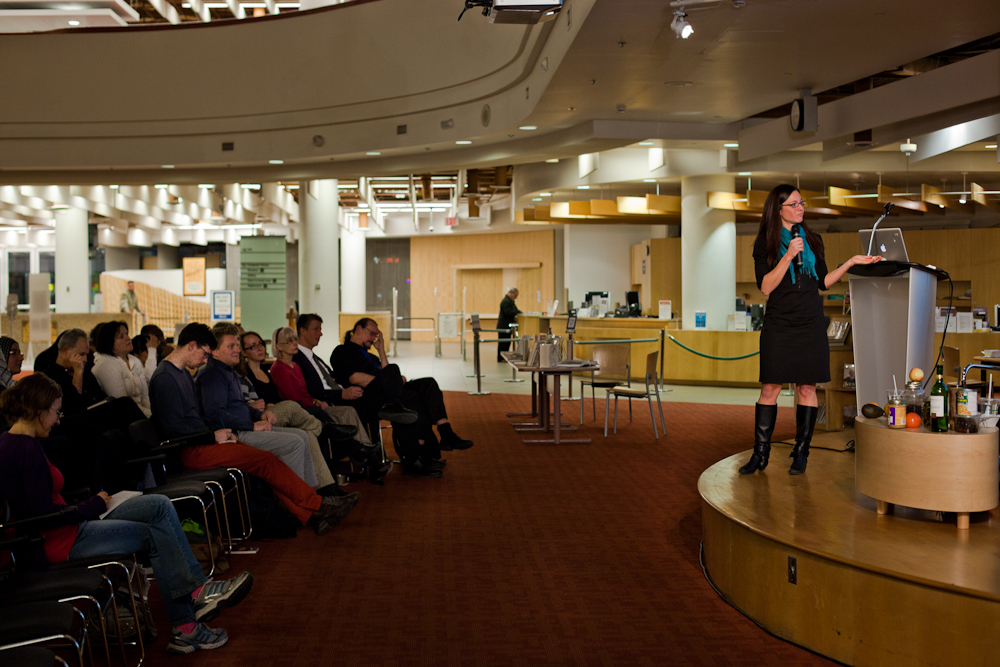
Keynote Topics
- The Power of the Mind
- Curiosity, Creativity, & Innovation
- The Neuroscience of Failure
- Brain Health & Wellness
- Positivity, Optimism, & Happiness
- The Neuroscience of Experiential Learning
- Sex & Gender
- The Power of Openness, Sharing, Vulnerability, & Storytelling
- Community & Team Building
- MamaBrain: Pregnancy, Postpartum, & Parenting
- Neuroscience & Positive Psychology in the Classroom
Power of the Mind
Most of us don't know how powerful of a mind we have. Our brain has evolved in a way that it can heal itself, it can see things that aren't there, it can remember falsely, and it can turn on itself. Understanding how the brain works in this way offers up an opportunity to harness its power and get our brain and mind working for us. It's not that we are only using 10% of our brain. Far from it. But what we need to do is train our brain and mind to work in ways that help, heal, and propel us forward in life!
Curiosity, Creativity, & Innovation
When I ask the question "Who here is creative?", most people don't raise their hand. Unfortunately, many of us have been steered away from seeing our own creativity. But in fact, we ARE very creative and we come by it naturally with the brain we have. Thankfully, we can unlock our inner creative and silence our inner critic. We can invoke a child-like sense of curiosity. We can play and let our brains bathe in novelty and let the innovative potential out. And this is exactly what our world needs: Creative and innovative solutions to solve our most wicked problems! Read a bit about curiosity here or see an old webinar here. And a fun piece on social innovation and neuroscience here.
The Neuroscience of Failure
The funny thing about our societal practice of avoiding failure is that failure is actually a natural, neurobiological process that helps us learn and succeed in the future. When we ignore that, we ignore the potential for growth. We need to reframe our view on failure and let it lead us and our brains into even greater success. Yes, failure sucks, indeed. That's neurobiological too but fortunately, our brain can deal with failures and use them to our benefit. We just need to let it! See an old webinar on failure here and a sidenote on failure here.
Brain Health & Wellness
Time to take care of our brains? Yes... and we can do this through simple practices like reducing stress, practicing self care, training our brain to focus and think more positively, and eating right. Read some more here.
Positivity, Optimism, and Happiness
It's really just about becoming aware of our thinking patterns and learning how to change our thoughts and actions so that we reinforce greater positivity, optimism, and happiness. There are many simple strategies that we need to remember in order to create a change that will lead to better mental and physical health and greater success.
Sex & Gender
First, there's the gender equality issue. I'm a feminist through and through. I am a woman in science and spent lots of my academic training heavily immersed in mentoring women in science. I have also spent many years creating opportunities for women in sport. I started women's hockey teams. I was part of women's hockey becoming a varsity sport at Dalhousie. I started the first women's roller hockey league in Winnipeg. I started women's ultimate teams in Nova Scotia. I pioneered the women's masters division for Canadian Ultimate Championships. I have argued and advocated and taken action and continue to do so because I believe in equal opportunity for women in domains that are traditionally male-dominated.
Second, there's the whole men vs. women thing. When you look at biology (including neuroscience), this dichotomy doesn't make sense. Actually, the men-are-men-and-women-are-women assumption (as described by my Academic Grandfather, Dr. John Pinel) is false. Gender is better viewed as a continuum with lots of variation in between. This is also way more inclusive! I love talking about this, from a very biological perspective with a goal of changing people's minds about how we often -- and mistakenly -- categorize people. Read more here.
Mental Health
In 2010 my best friend (Lindsey White) and I took to the stage to share our stories about our experiences in our bodies in a production we called Body Monologues. I talked about my self abuse. Lindsey talked about her suicide attempt and depression. Since then, we have hosted over 10 more Body Monologues events with dozens and dozens of powerful stories of strength and courage and fear and worry and mental health and physical health and discrimination and rising up and holding back and going deep and hate and love and anger and birth and death. In each event, I have pushed my self to expose an image of myself that was raw, authentic, and vulnerable. Each event brings healing, conversation, connections, and community for those on and off the stages.
Community & Teams
In 2015 I made one of my boldest community moves: My partner and I bought a house with our best friends. As two couples sharing a house, we have received a lot of publicity (see www.homeshared.ca for a list of some of the publications). It's just not something people do all the time. People are skeptical that we can make this work but we are pretty confident we can. Why? Because we have a long history of working together in teams (e.g., varsity hockey and touring-level ultimate frisbee) and establishing community (e.g., Body Monologues non-profit).
Community and working in teams just makes sense to me. Trust, openness, safety, sharing/vulnerability, like-mindedness, and a common goal are some of the key elements to success. But how can we facilitate that? Fortunately, the brain does much of this naturally when the circumstances are right by producing and releasing a hormone called Oxytocin, which helps bond animals (including us humans) together. Togetherness is inherent in who we are!
Pregnancy, Postpartum, & Parenting
It's a roller coaster! The worry that sets in during pregnancy, the incessant googling to see if we're doing things right, the postpartum hormones and loss (reframe: change) of identity, in rage-filled frustration when your child throws the food you worked so hard to prepare on the floor, and all the other shit that we do and don't talk about as moms! It's enough to make my mamabrain explode! But I found one outlet: www.MamaBrain.ca.
Neuroscience & Positive Psychology in the Classroom
Sure, memory aids, use of visuals and experiential learning, choice, and reduced stress all have a place in the classroom. But neuroscience and positive psychology also offer gratitude and story-telling as ways of engaging students into deeper learning.
Podcasts & Interviews
At different times I have been interviewed as a guest on podcasts. Here are 3. The first is where I generally talk about the value of neuroscience in life coaching. The second is an interview about passion-based careers. And the third is an interview following a presentation I did about the Neuroscience of Mindfulness Meditation and Yoga.
Keynote Information Request Form
If you want me to come speak at your upcoming event, fill out this form and we will work out the details.